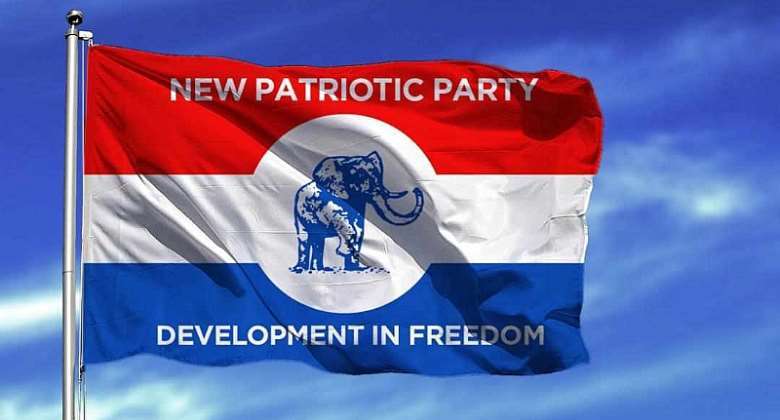Latest data from the Global InfoAnalytics April 2024 national poll reveals fascinating insights into voter intentions, and a significant shift in political dynamics, posing a huge challenge to the ruling New Patriotic Party’s parliamentary majority in the upcoming general elections.
According to the survey, a staggering 74% of Greater Accra voters expressed intentions to vote for parliamentary candidates from the National Democratic Congress (NDC), while only 23% showed support for candidates from the ruling New Patriotic Party (NPP).
Delving deeper into the data, it becomes apparent that the ruling party faces a considerable threat from defections, particularly in Greater Accra.
“The data shows that of those who intend to vote for NDC candidates, 71% of them voted for NDC candidates in the 2020 elections, while 14% voted for NPP candidates and 16% did not take part in the 2020 elections.
“For those who intend to vote for NPP candidates in 2024, 6% voted for NDC candidates in the 2020 election, 91% voted for NPP candidates and 3% did not vote in 2020”.
Musa Danquah, Executive Director Global InfoAnalytics
Again, the emergence of independent candidates as viable alternatives further compounds the challenge for the ruling party in the Greater Accra Region.
Notably, 67% of those considering voting for independent or other candidates in the 2024 general election had previously voted for the New Patriotic Party in 2020, signalling a potential erosion of the party’s support base in the region.
The data also highlighted a worrying trend for the governing New Patriotic Party, with a significant portion of those who abstained from voting in 2020, largely presumed to be first-time voters, showing a propensity to support Independent candidates in the upcoming election.
This shift could severely impact the ruling party’s electoral prospects in the region.
Transitioning to other regions, similar patterns emerge, with the Central, Western, and Eastern regions showcasing varying degrees of discontent with the ruling party.
In the Central region, 57% of voters intending to support independent candidates had previously voted for the New Patriotic Party, reflecting a trend of defection while in the Western Region, 65% of voters are inclined towards the National Democratic Congress, with a notable 6% favouring Independent candidates.
Furthermore, while the Eastern Region remains a stronghold for the governing New Patriotic Party, with 61% of voters supporting the party, there is a noteworthy 10% of voters opting for Independent candidates.
This also indicates a potential fragmentation of the ruling party’s voter base, with Independent candidates gaining traction among disappointed voters.
Ashanti Region Presents a Mixed Feeling
The Ashanti region, a stronghold of the ruling party, also presents challenges, albeit to a lesser extent.
Here, while 62% of voters intend to vote for the New Patriotic Party candidates in the December 7 polls, a notable 6% express preferences for independent candidates in addition to 32% intending to vote for NDC candidates, hinting at dissatisfaction even in the stronghold of the governing party.
This shift in voter allegiance, particularly in a region historically dominated by the New Patriotic Party, underscores the growing threat posed by Independent candidates.
The data presents a clear and present danger to the ruling party’s chances of securing a majority in the next Parliament.
The erosion of support in key regions, coupled with the rise of Independent candidates, threatens to fragment the NPP’s voter base and diminish its parliamentary representation.
In light of these findings, there is an urgent need for both the ruling New Patriotic Party and the opposition National Democratic Congress to reassess their strategies and adapt to the evolving political landscape.
The New Patriotic Party must address the concerns of disillusioned voters and staunch the flow of support towards Independent candidates.
The National Democratic Congress on the other hand should capitalise on its growing popularity and mobilize its base to maximize electoral gains.
READ ALSO: Ghana’s FDI Plummets In 2023



















